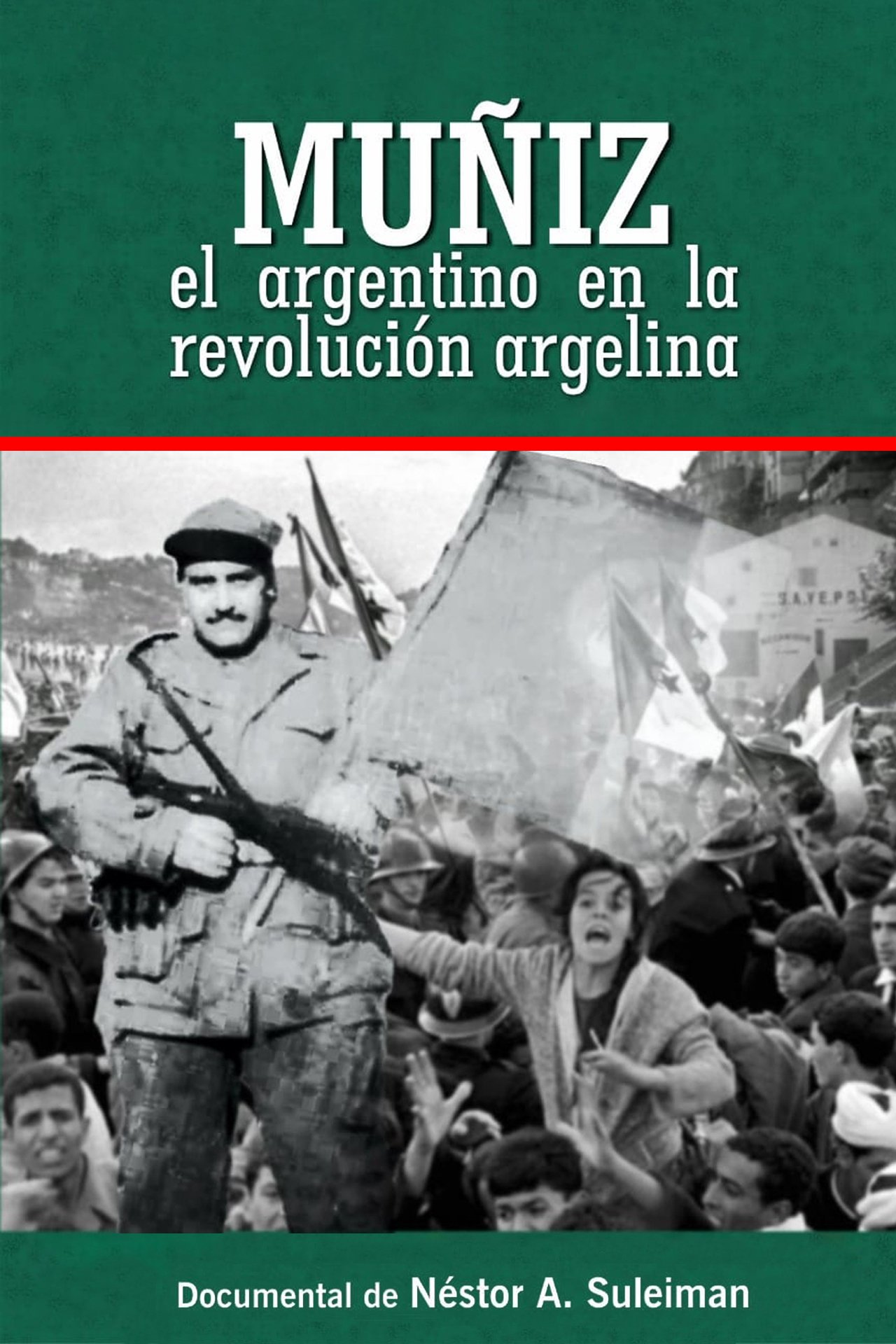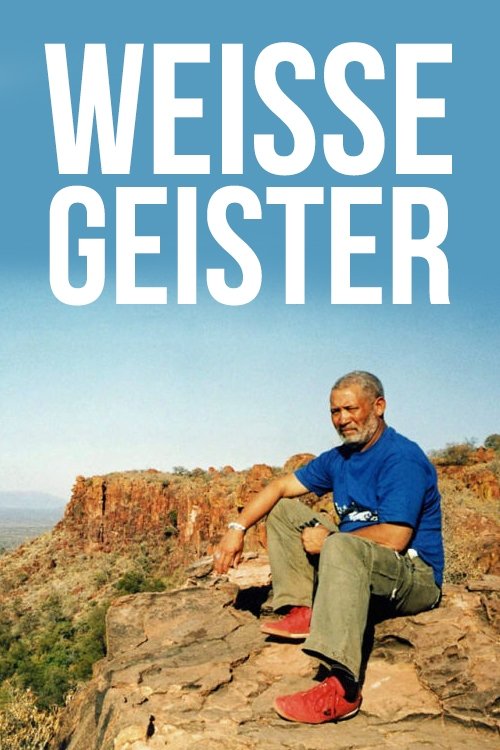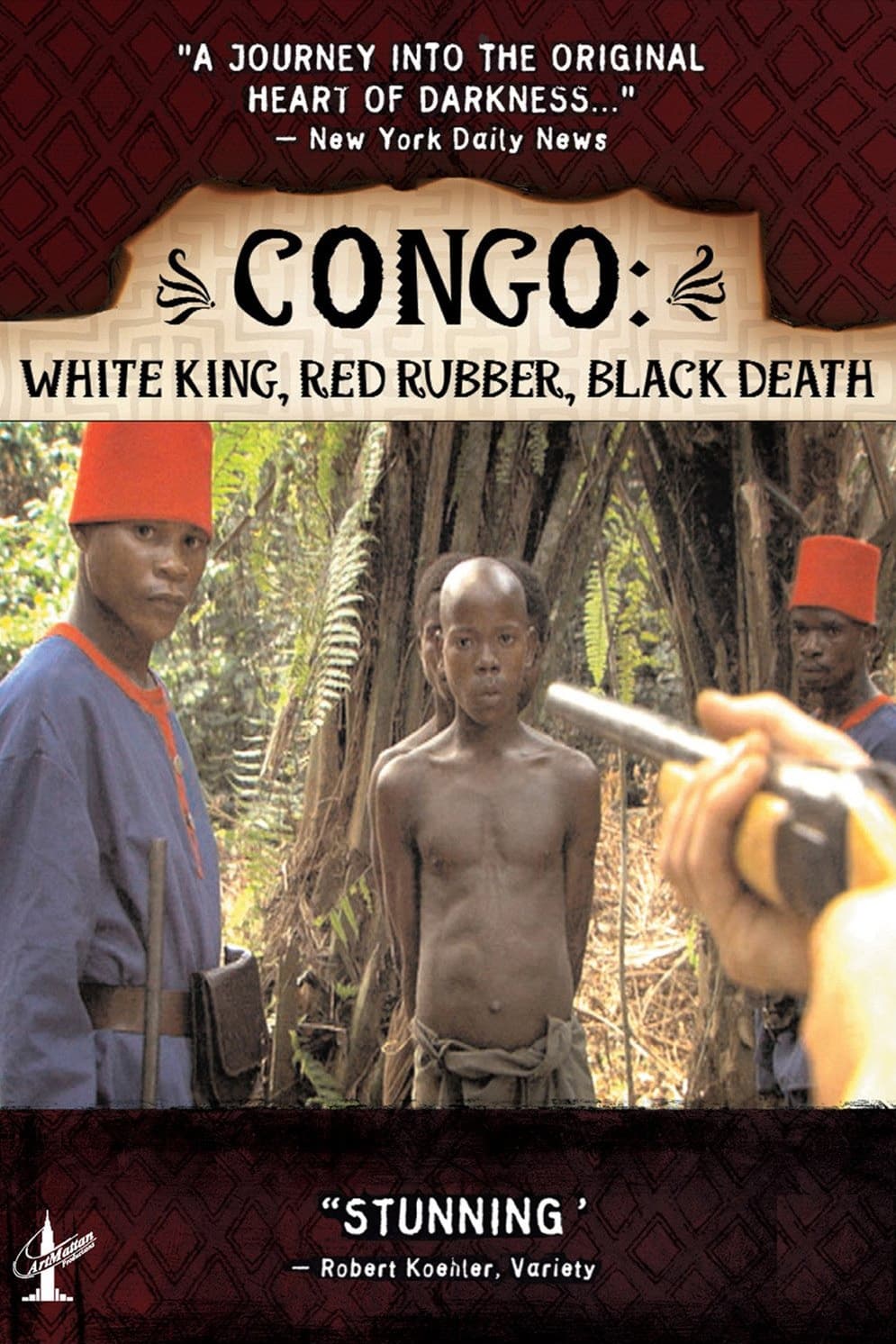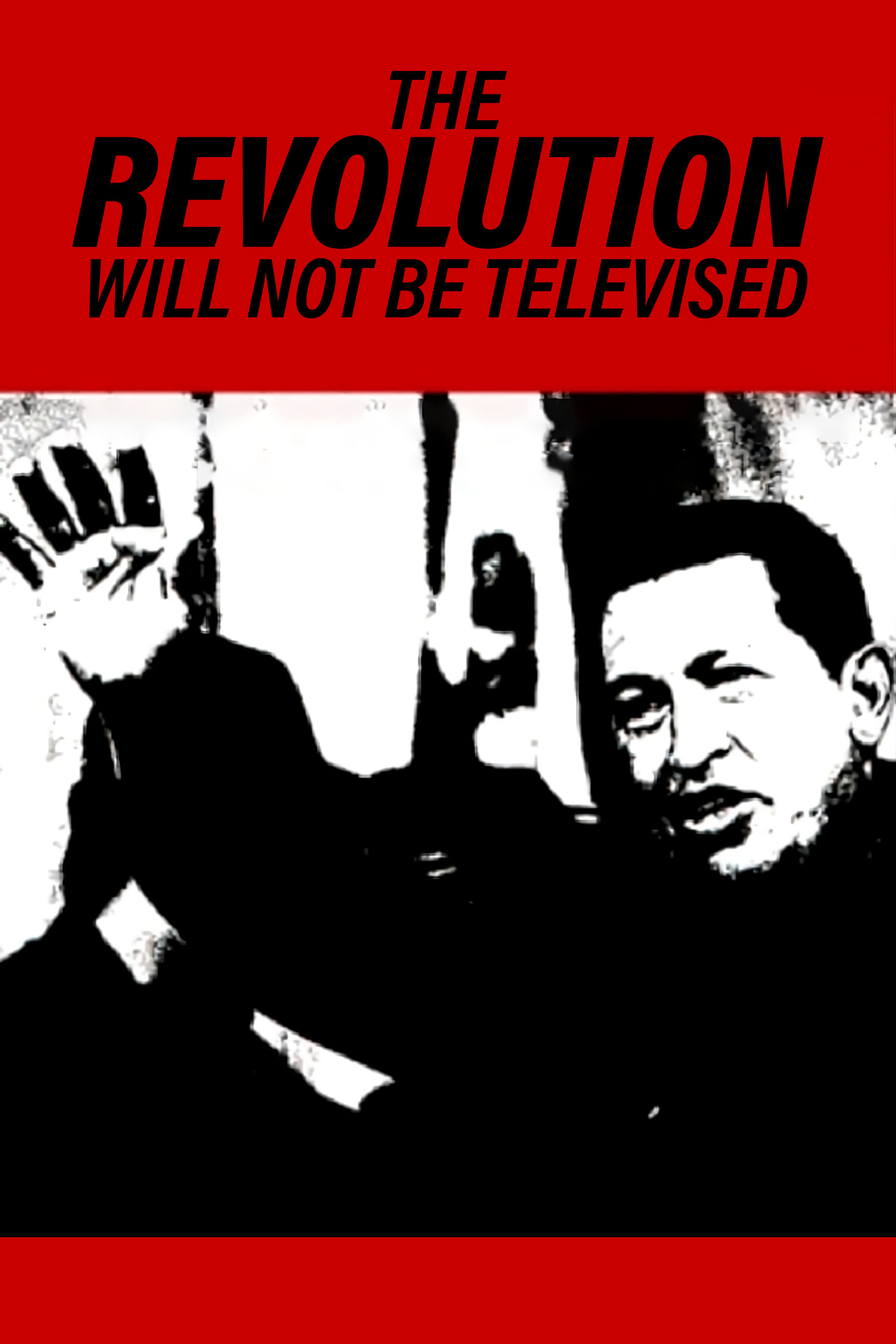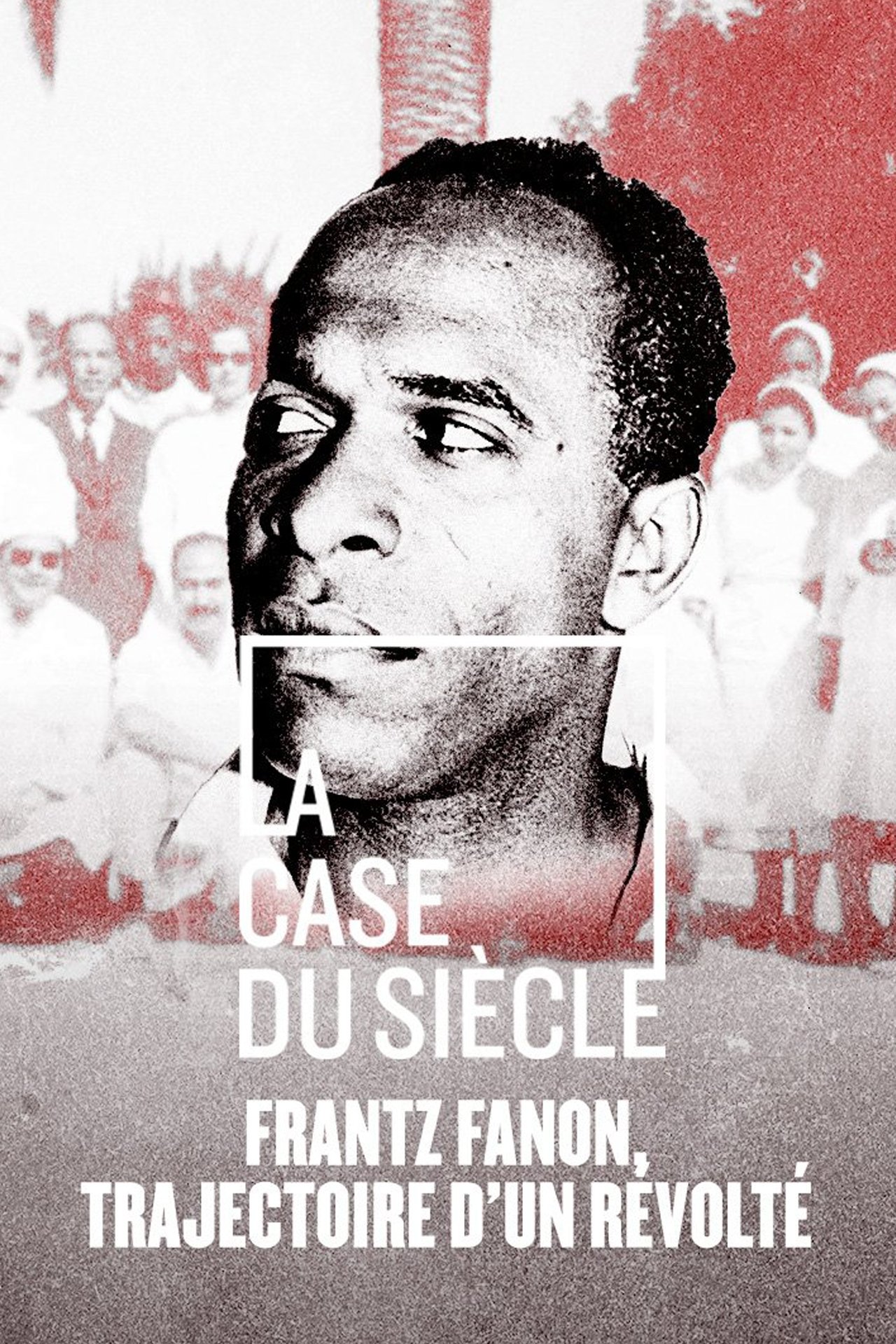
Colonial Times
1976
0h 28m
0.0(0 votes)
Documentary
Overview
Three centuries of Venezuela's history as a Spanish colony are considered from economic, political and social standpoints; evocations of the past are compared to the present. Based on the ideas and research of Federico Brito Figueroa, Alfredo A. Alfonso, Miguel A. Saignes, Josefina Jordan, and Thaelman Urgelles among others.
Cast & Crew
2 members
Writing
José Ignacio Cabrujas
Narrator

Acting
Carles Canut
Narrator
